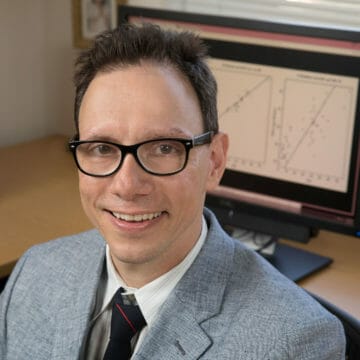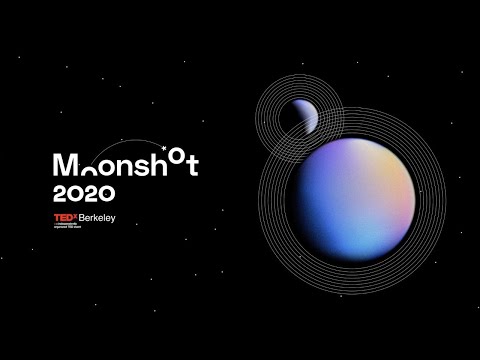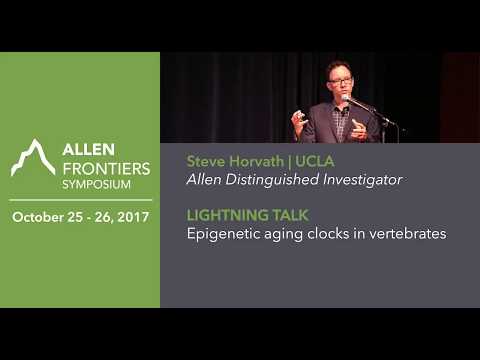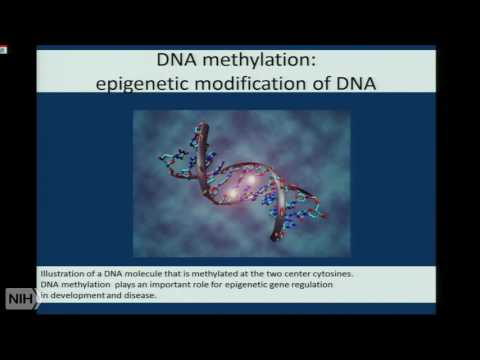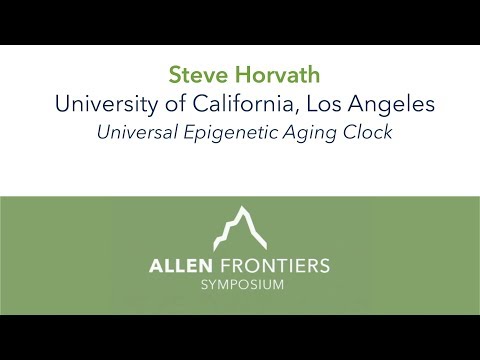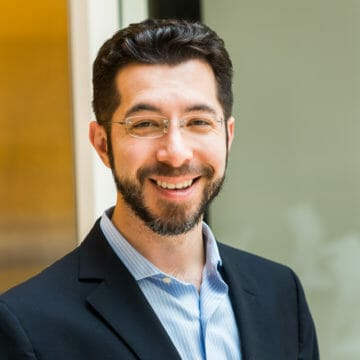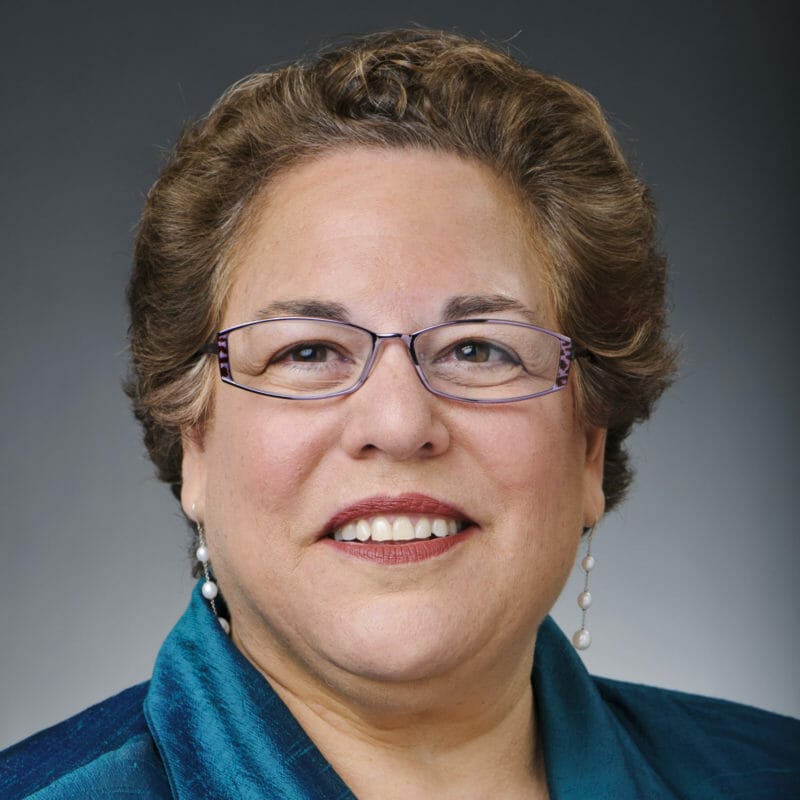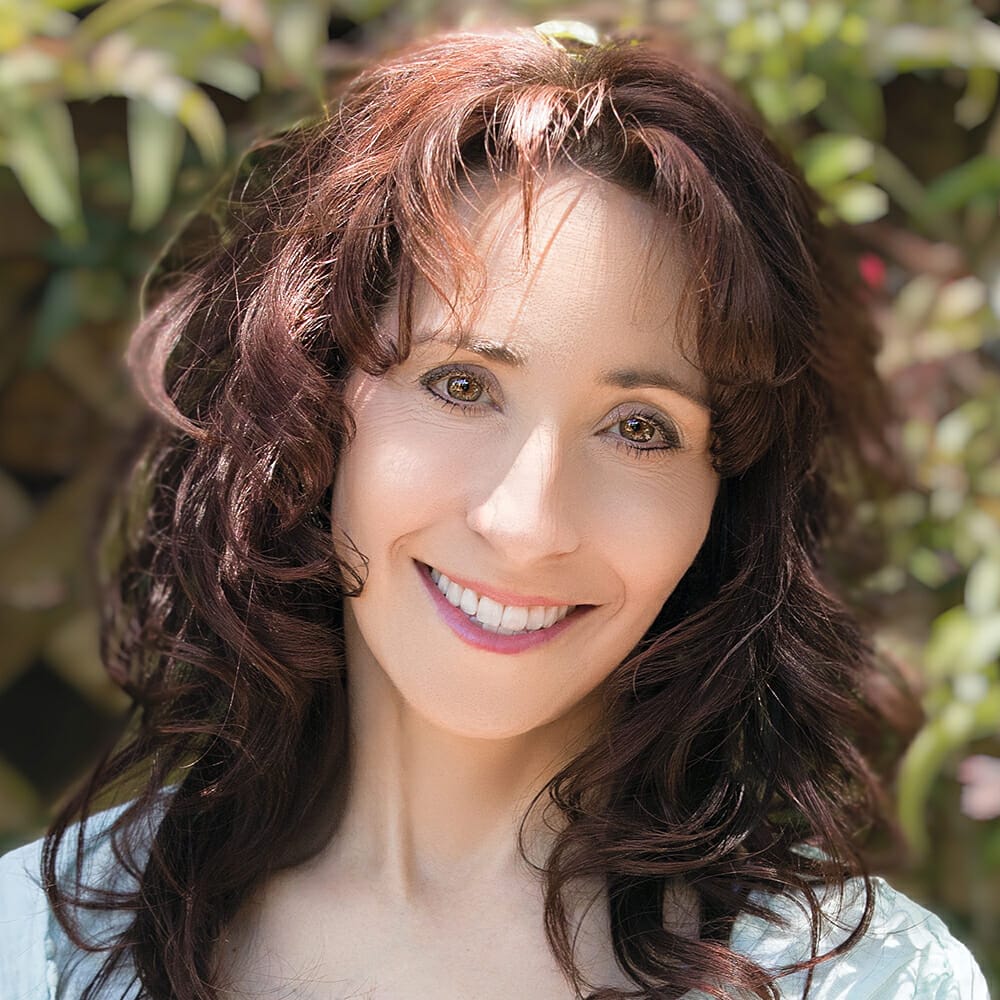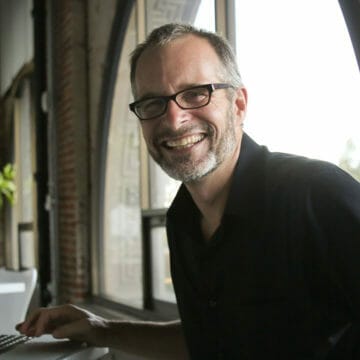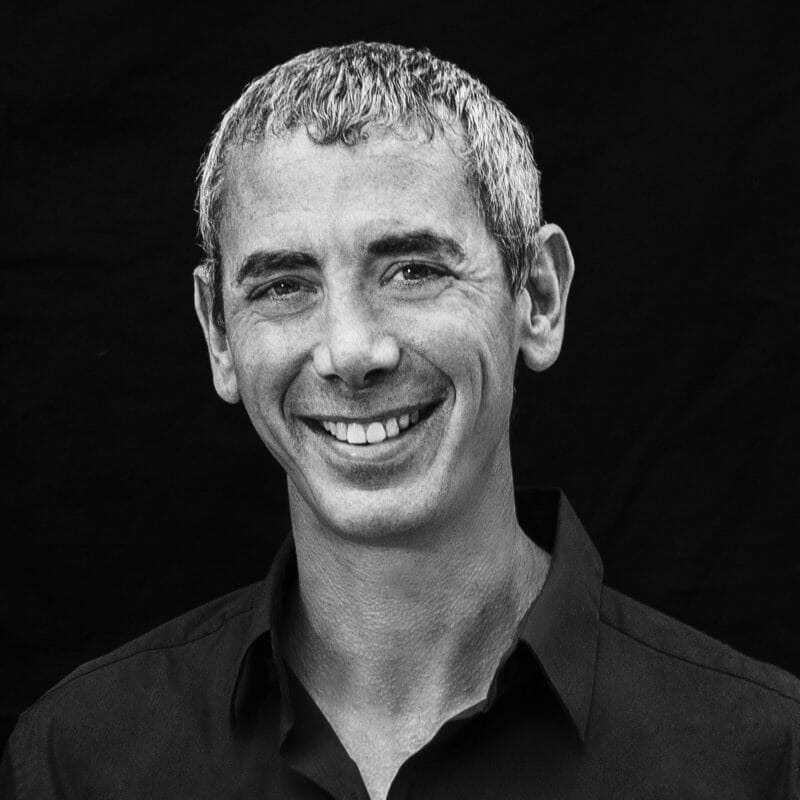Videos
Learn More About Steve Horvath
Humankind has a longstanding obsession with eternal youth. Stories about elixirs of life and fountains of immortality have forever stirred our imaginations. Yet, despite our fascination with – and also fear of – aging, we still know very little about how it works. Why and how do we age? Why does everyone seem to age differently? Can we slow it down? Should we?
Steve Horvath, Ph.D., a human geneticist, biostatistician and professor at the University of California, Los Angeles (UCLA), is at the forefront of the research working to accurately answer these questions and more. He’s also the scientific mastermind behind the Horvath Clock, a breakthrough biological discovery that uses DNA to measure human age, and its subsequent edition, the GrimAge, which predicts life spans as well as time-to-disease appearance for several conditions. Horvath is profoundly optimistic about how his discoveries will help humanity: enabling health care providers and pharmaceutical innovators to track and study the effectiveness of certain treatments – and increase the probability of a healthier future. And that’s just the beginning. The implications are diverse and broad, from insurance to forensics.
With his research, Horvath is making good on a childhood pact with his identical twin brother and their best friend: to dedicate their careers to pursuing science that could prolong healthy, human life. The culmination of a life-long passion and decades of intense research, his Horvath Clock emerges from epigenetics, the study of environmental-, lifestyle, and genetic factors that turn genes on or off. All scientists need is a drop of blood, saliva or body tissue from which they can extract DNA and measure its epigenetic modifications. Based on data from thousands of people, Horvath developed a mathematical formula that yields a precise age estimate, literally in units of years. He subsequently developed similar formulas to reconstruct a person’s smoking history and estimates of mortality risk with startling accuracy. He’s also started to uncover evidence that it’s possible to reverse the aging process. A recent study revealed that certain drugs reverse the epigenetic aging process and immune dysfunction, a tantalizing outcome that promises to extend life expectancy of people, including older generations. The implications not only for protecting against infectious disease, but also cancer and aging in general, are huge.
Horvath believes the best use of the epigenetic clock is in combination with clinical biomarkers and outwardly visible signs of aging to optimize accuracy of health- and life-span projections – helping to predict health outcomes, fine-tune personalized drug treatments and aid development of epigenetic therapies. The hope too is that if and when legitimate anti-aging drugs are developed, Horvath’s GrimAge test and similar biomarkers could be used to test their effectiveness. In a world with functional anti-aging drugs, “doctors could test [your GrimAge number] and say, ‘You know what, you’re aging too quickly. Take this,’” he explains.
It’s complex science but Horvath makes it accessible and relevant. He’s an articulate and passionate presenter, keeping technical and non-technical audiences alike engaged with both science and story.
Horvath’s many areas of research experience cover aging, epidemiology, chronic diseases, epigenetics, genetics and systems biology. His more recent studies include notable research into how laboratory values and lifestyle factors like sleep, immunometabolism and nutrition impact epigenetic age. He also works on all aspects of biomarker development with a particular focus on genomic biomarkers of aging and has developed systems biologic approaches for a broad spectrum of age-related diseases, including neurodegenerative diseases, cancer and cardiovascular disease.
A professor at UCLA’s David Geffen School of Medicine, Horvath received the Allen Distinguished Investigator award in 2017 for epigenetic clock in vertebrates and the 2019 Schober Award for outstanding and innovative research in the field of aging. He has presented to the National Institutes of Health and has been recognized as a highly cited author of over 300 peer-reviewed articles. Horvath earned a doctorate in biostatistics from the Harvard School of Public Health and a Ph.D. in mathematics from the University of North Carolina, Chapel Hill.
Steve Horvath is available to advise your organization via virtual and in-person consulting meetings, interactive workshops and customized keynotes through the exclusive representation of Stern Speakers & Advisors, a division of Stern Strategy Group®.
Answering the Age-Old Question: How to Measure Aging – and Reverse It?
As we age, there are a few ways to think about how old you are. There’s how old you feel and how old the calendar says you are, according to your birthday. And now, by using “epigenetic clocks,” science can also tell how old you are according to your DNA. Dr. Steve Horvath is at the forefront of this research, participating in the quest to not only learn more about why we age but more significantly, what can be done about it. After all, aging is a leading risk factor for numerous chronic diseases, including cancer, cardiovascular disease and neurodegenerative disorders like Alzheimer’s and Parkinson’s. Slowing – and reversing – the biological aging process may now be possible, thanks to Horvath’s work, offering a powerful, precise medical tool that promises to increase the probability of a healthier future.
It’s a fascinating discovery, and one that is applicable to everyone – as human beings, as scientists, biologists and researchers, as doctors and health care providers, and as pharmaceutical companies developing treatments. In this presentation, Horvath distinguishes between chronological and biological age, and explains which interventions are known to slow or to accelerate aging. Interventions range from healthy lifestyle choices to stem cell transplantation. He also discusses the complex science of epigenetic clocks in simple terms, while exploring the profound implications for improving our health – and prolonging our life span.
Turning Back Our Biological Clocks: The Epigenetic Science of Aging
What is aging? The answer depends on which cell you ask – whether it is male or female, normal or cancerous, how much and what kind of stress it has experienced and how it has responded, its genetic backdrop, even which tissue it lives in. Searches for the elixir of life, or the essential biomarker of aging, reveal this fundamental truth: different cells have distinctive capabilities and reasons for being; their lives reflect their purpose, and they age or rejuvenate in unique ways according to how they respond to inputs and experiences. This is the science of epigenetics, the field of aging research that Dr. Steve Horvath is bringing mainstream with his discovery of the “Horvath epigenetic clock,” which measures the age of one’s cells. It’s been Horvath’s lifelong passion – and mission – to not only better understand how humans age, but to slow it down, increasing both health- and life spans. And now he’s uncovered evidence that it’s possible to reverse the aging process. In this technical yet enlightening presentation, Horvath introduces the Horvath Clock, and details the study, analysis and outcomes. Specifically, he explains that a recent small drug trial wasn’t originally aimed at turning back the biological clock, but rather at reversing a different sign of aging: shrinking the thymus gland. Knowing now that a combination of relatively safe drugs have the potential to reverse the epigenetic age, shows potential for improving the life expectancy of people with weakened immune systems, including the elderly. Pneumonia, for example, is a major cause of death in people older than 70. The implications not only for protecting against infectious disease, but also cancer and aging in general, are huge.
